Minding the Gaps: Neuroethics, AI, and Depression
NonProfit Quarterly
MARCH 24, 2025
9 In addition, those who are diagnosed often experience more severe and disabling symptoms than those experienced by other races and ethnicities. Yale Universitys latest estimates also propose that the countrys failing mental health systems cost the United States $282 billion every year. 10 Only 35.1





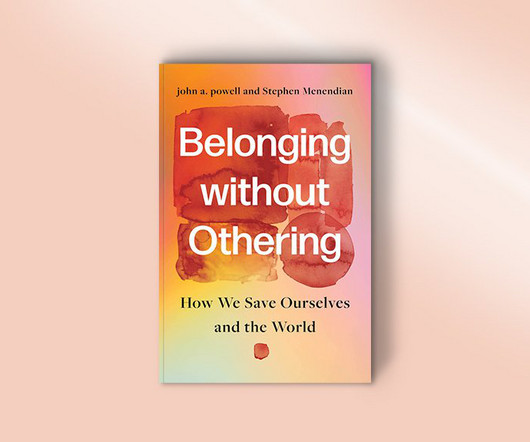
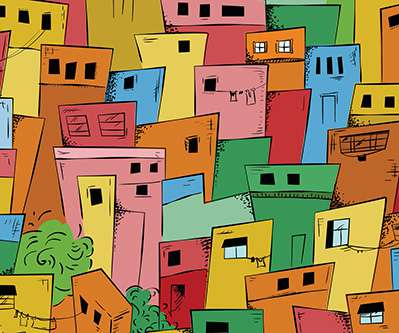

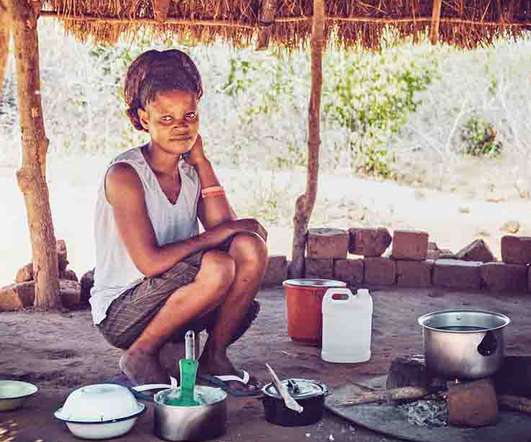
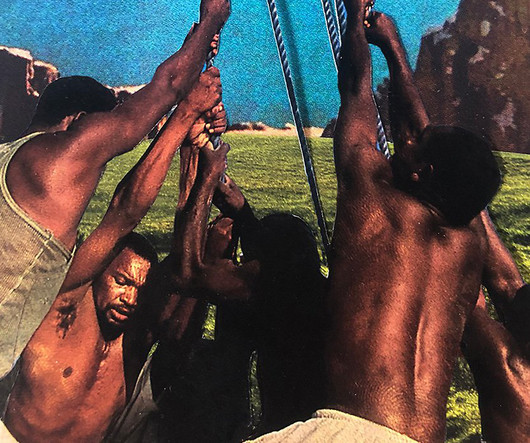

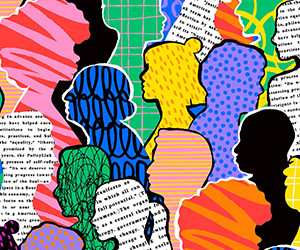







Let's personalize your content